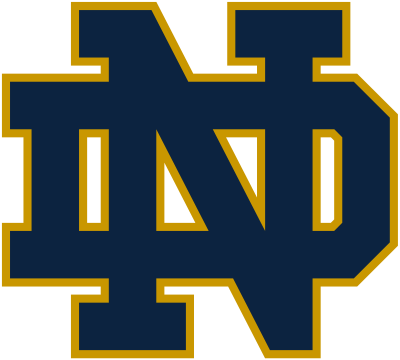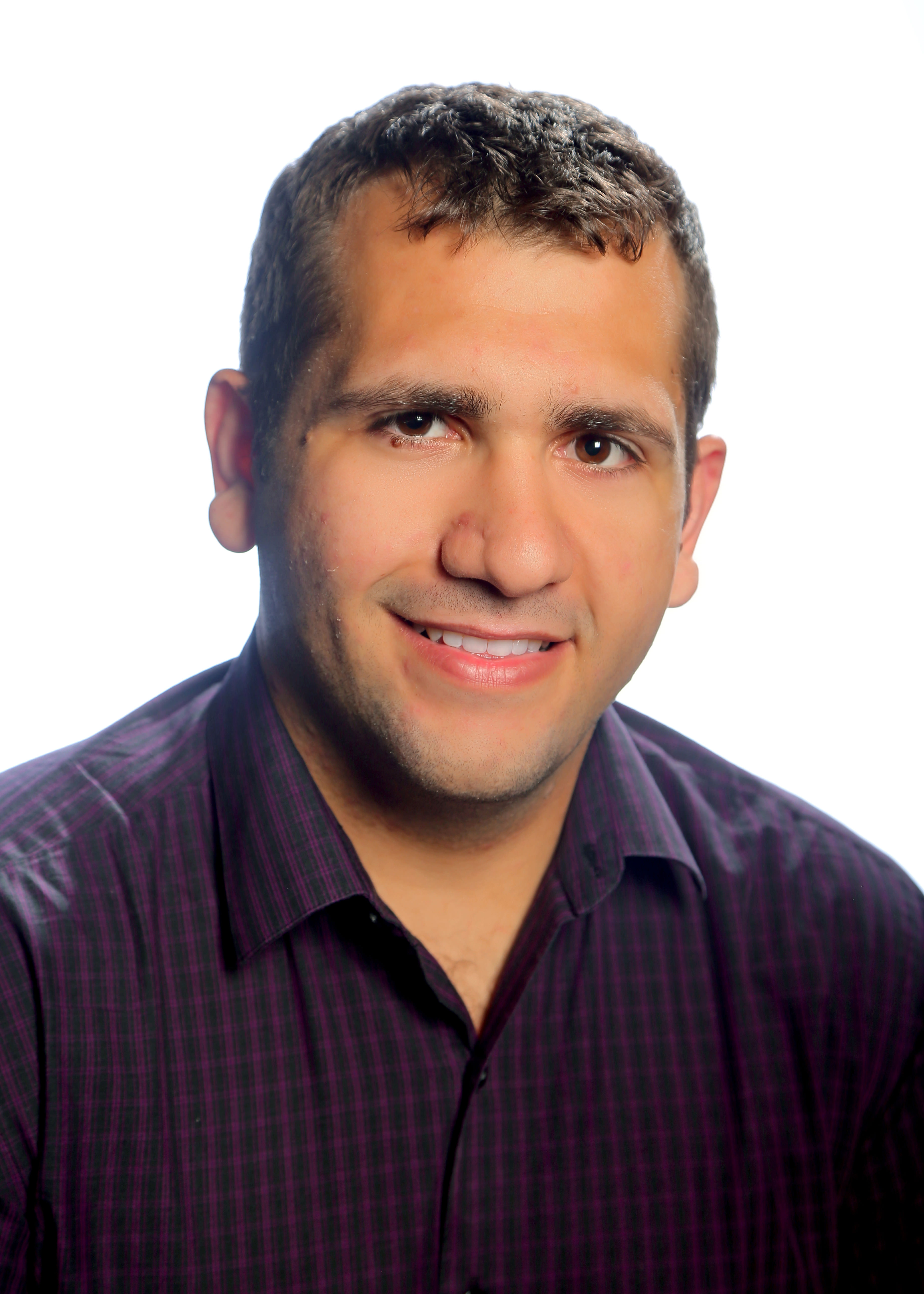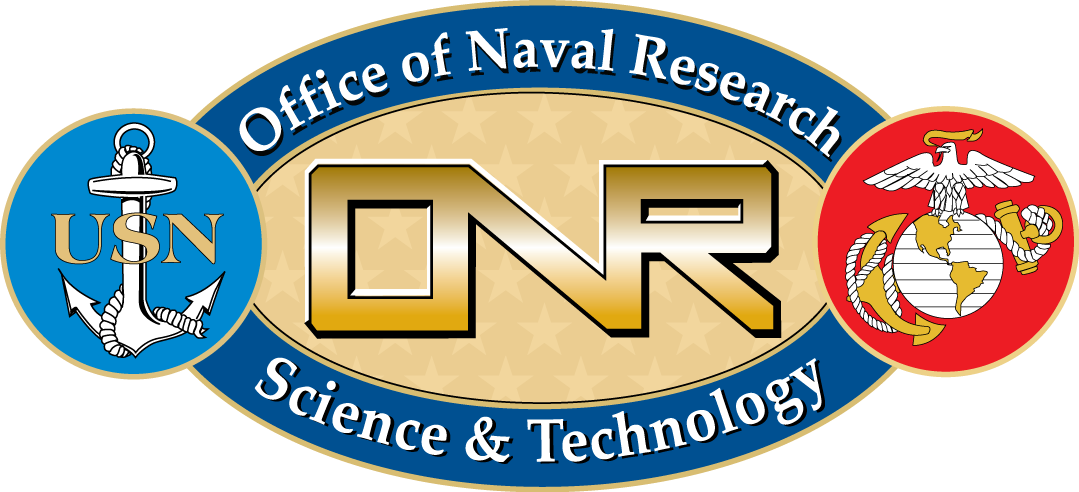
Research statement
The Computational Mechanics and Optimization (CaMO) Lab (PI: Matthew J. Zahr) develops mathematical models, numerical methods, and software for the analysis, optimization, and uncertainty quantification of physics problems that arise in a range of applications in science, engineering, and medicine. Active research directions include: the development of fast and accurate model reduction methods to enable large-scale many-query analyses and real-time, high-fidelity computational physics simulations; accurate, efficient, and automated numerical methods for high-speed flows; high-order methods for computational physics; high-order and reduced-order methods for topological optimization and its role in additive manufacturing; PDE-constrained optimization; and multiscale methods. Application areas of interest include: combustion and energetic materials, aerodynamics (including hypersonic systems), biological flows, and flapping flight. Their methods and software have been used for aerodynamic shape optimization, topological optimization of nonlinear structures, structural dynamics of highly heterogeneous materials, and to discover energetically optimal flapping wing motions.
Principal investigator

|
Matthew J. Zahr [cv] Associate Professor Robert W. Huether Collegiate Professor in Aerospace Engineering Department of Aerospace and Mechanical Engineering University of Notre Dame Google scholar, ResearchGate, LinkedIn 311I Cushing Hall Notre Dame, IN 46556-5637 Phone: 574-631-1298 Email: mzahr (at) nd.edu Web: www.nd.edu/~mzahr |
Matthew J. Zahr is an assistant professor in the Department of Aerospace and Mechanical Engineering at the University of Notre Dame. From 2016-2018, he was the Luis W. Alvarez Postdoctoral Fellow at the Lawrence Berkeley National Laboratory. He received a M.S. and Ph.D. in 2016 from Stanford University in Computational and Mathematical Engineering under the supervision of Charbel Farhat and a B.S. in 2011 from the University of California, Berkeley in Civil and Environmental Engineering. His research expertise and interests lie in the design and application of numerical methods to solve important problems that arise in science, engineering, and medicine.
Sponsors
